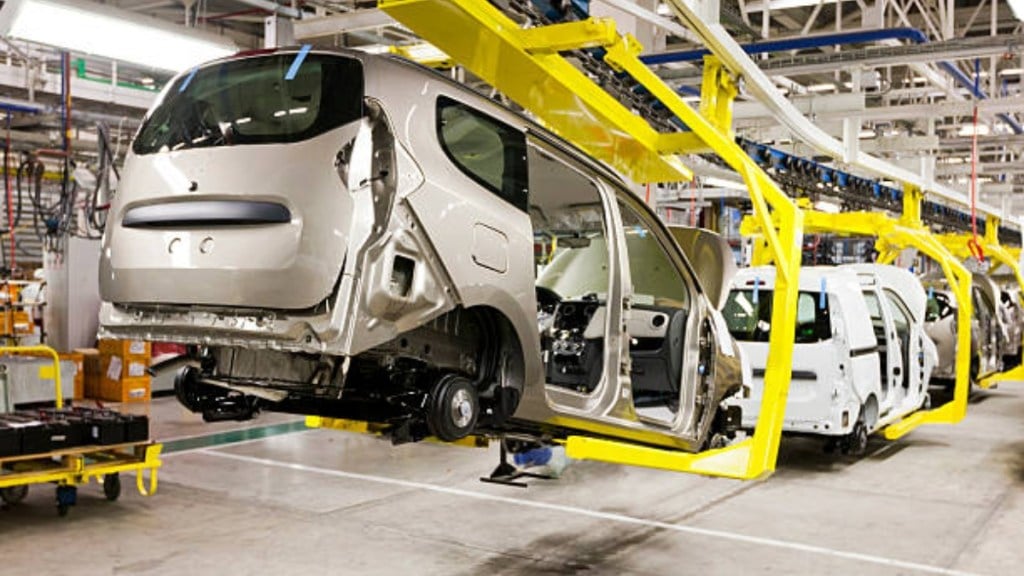Cars and sports utility vehicles (SUVs) manufactured in January have seen a reduction of up to 60% in discounts compared to the December models as industry-wide inventory has shrunk to an 11-month low, allowing dealers to recalibrate their stock levels. The drop in the offers is a result of buyer tendency to prefer units made in the New Year as this significantly influences the resale value of the vehicle.
Korean brand Hyundai has reduced its consumer offers more than anybody in its segment. Its models like the Grand i10, Aura, Elite i20 and Venue have seen a reduction of 55-60% in offers. Its best-seller Creta and some variants of the Exter do not carry offers.
Car market leader Maruti Suzuki and Japanese brand Honda have also reduced discounts on their ranges. The discount offer on the new Swift from Maruti Suzuki is down by 35% for the model year 2025 (MY25) variant. Honda’s flagship model City has seen a 32% drop in offers in January.
Carmakers and their dealers had the uphill task of liquidating more than two months of inventory before the New Year. However, between 550,000 and 600,000 unsold units were still carried into January despite record discounts offered on them, said sources.
CS Vigneshwar, president, Federation of Automobile Dealers Association (FADA), said, “Buyers wanting to register their vehicles in the New Year were far more in December than in the previous years of the same month. So, the retail numbers should be better in January. For newer vehicles (MY25), the discounts have definitely fallen but it is hard to quantify.”
While newer stocks have reduced discounts, the unsold older units lying at dealerships and stockyards have seen a rise of 12%-15% in offers in January compared to December.
Maruti Suzuki Alto K10 and the Wagon R manufactured in 2024 have seen an increase of 12% and 14%, respectively, in discount in January compared to December. The Elite i20 and Alcazar by Hyundai have seen an increase of 25% in discount for MY24 units. The discount is the steepest on MY23 units.
Car makers had announced a price hike in the range of 1-3% from January 1 to offset the inflationary pressure on their margins. Automotive firms had resisted the hikes during Q3FY25 to avoid hurting demand and due to competitive pressures.


















